Results
-
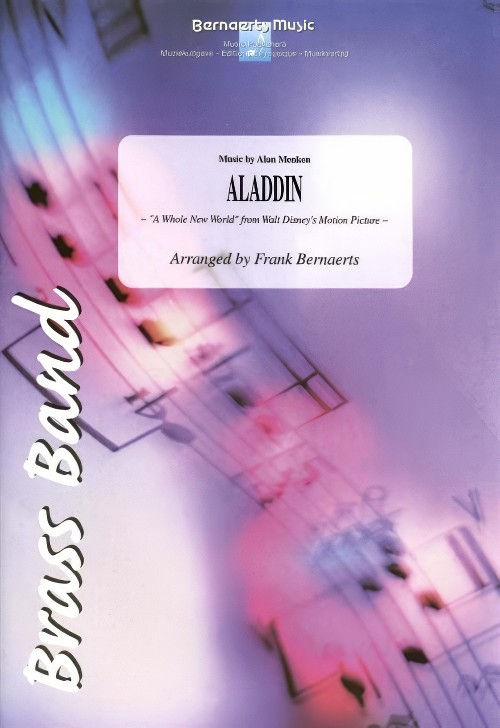 £53.99
£53.99Aladdin (Brass Band - Score and Parts) - Menken & Rice - Bernaerts, Frank
A Whole New World from Walt Disney's motion picture Aladdin. Duration: 4.00
Estimated dispatch 7-14 working days
-
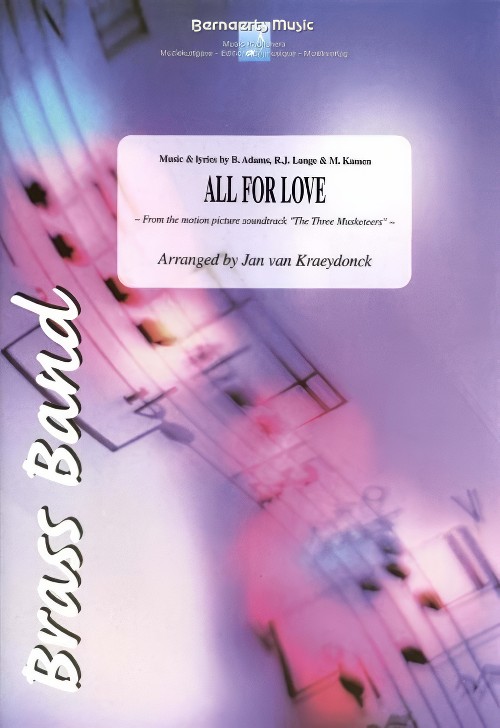 £53.99
£53.99All for Love (Brass Band - Score and Parts) - Kraeydonck, Jan van
From the motion picture soundtrack The Three Musketeers and as performed by Bryan Adams, Rod Stewart and Sting. Duration: 3.45
Estimated dispatch 7-14 working days
-
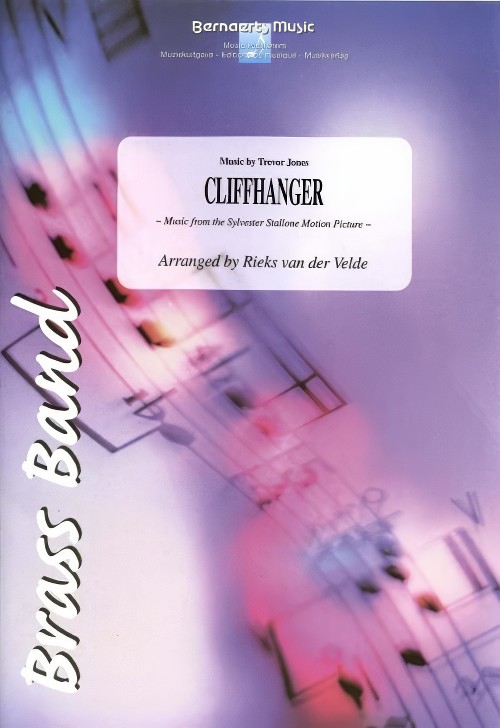 £54.99
£54.99Cliffhanger (Brass Band - Score and Parts) - Jones, Trevor - Velde, Rieks van der
Music from the Silvester Stallone motion picture "Cliffhanger". Duration: 05:30
Estimated dispatch 7-14 working days
-
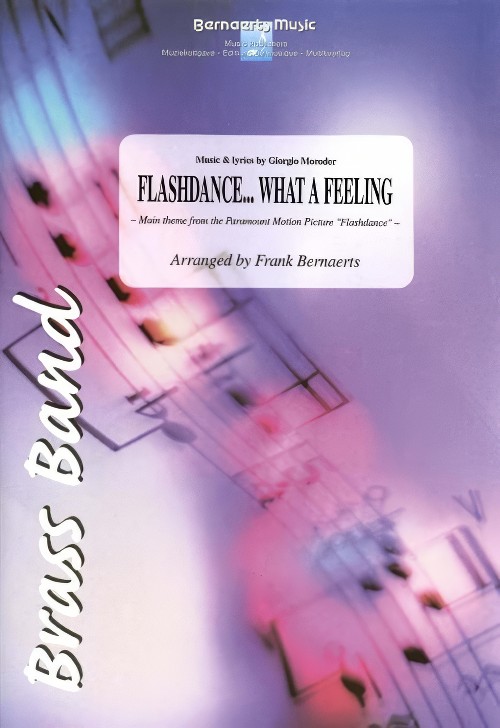 £53.99
£53.99Flashdance... What a Feeling (Brass Band - Score and Parts) - Moroder, Giorgio - Bernaerts, Frank
Main theme from the Paramount Motion Picture "Flashdance". Performed by Irene Cara. Duration: 03:30
Estimated dispatch 7-14 working days
-
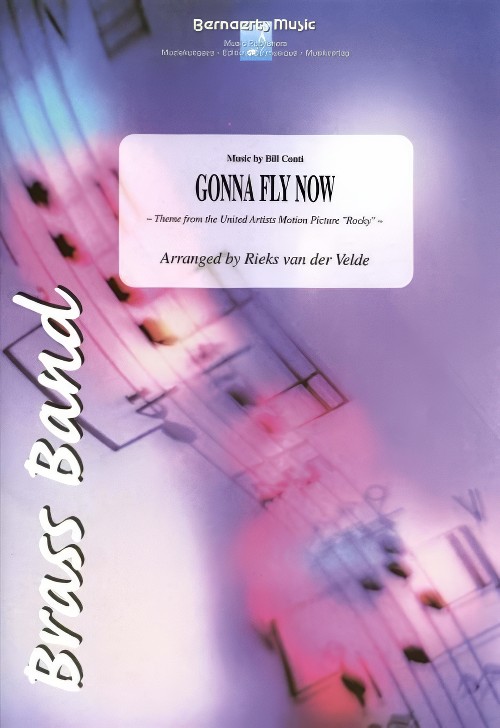 £53.99
£53.99Gonna Fly Now (Brass Band - Score and Parts) - Conti, Bill - Velde, Rieks van der
Theme from the United Artists motion picture "Rocky". Duration: 02:30
Estimated dispatch 7-14 working days
-
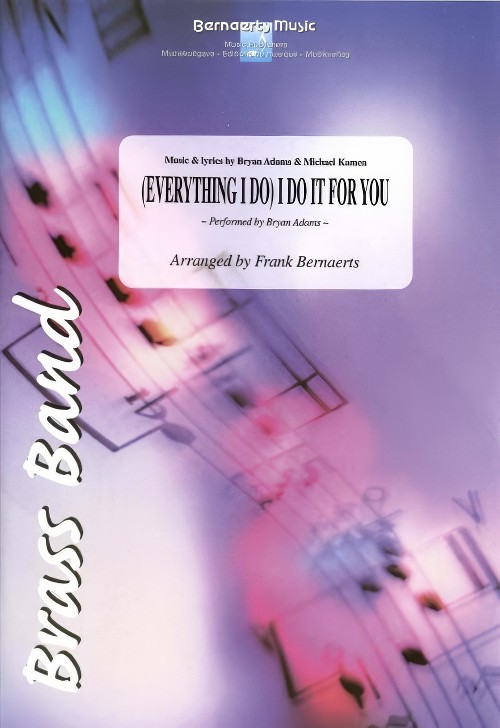 £53.99
£53.99(Everything I Do) I Do It For You (Brass Band - Score and Parts) - Adams & Kamen - Bernaerts, Frank
Main theme from the motion picture Robin Hood: Prince of Thieves. Duration: 4.30
Estimated dispatch 7-14 working days
-
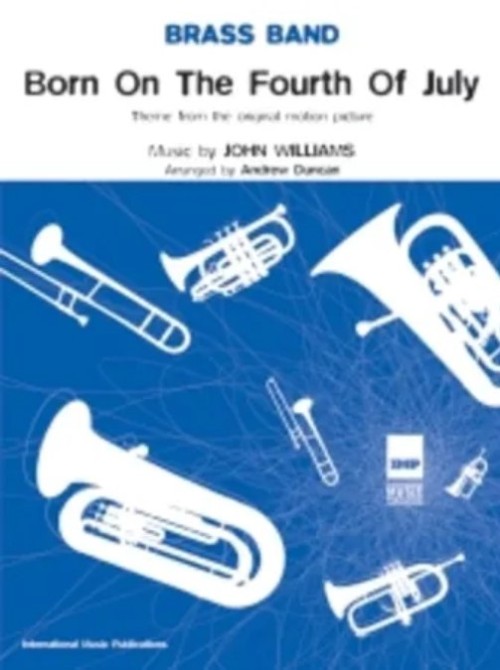 £40.00
£40.00Born on the Fourth of July (Brass Band - Score and Parts) - Williams, John - Duncan, Andrew
The theme music from the original motion picture, Born on the Fourth of July, starring Tom Cruise. The music was composed by John Williams and this arrangement for brass band is by Andrew Duncan.Suitable for Youth/4th Section Bands and aboveDuration: 5.00
Estimated dispatch 7-14 working days
-
 £50.90
£50.90GETTYSBURG (Brass Band) - Edelman, Randy - Barry, Darrol
Theme from the Motion Picture. Grade: Easy/Medium.
Estimated dispatch 7-14 working days
-
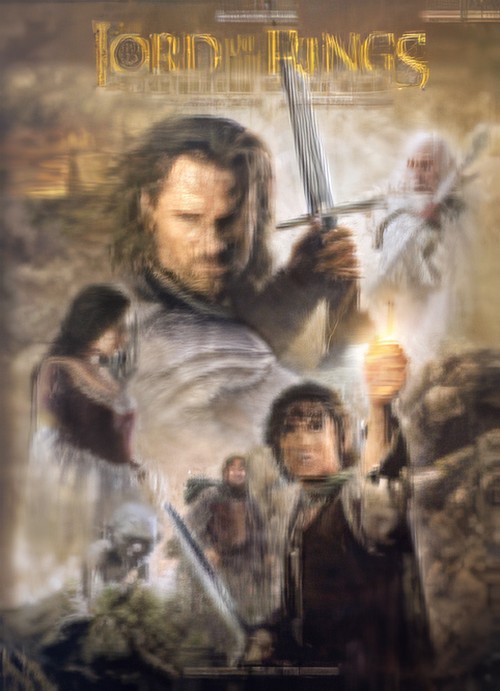 £40.00
£40.00Lord of the Rings: The Return of the King (Brass Band - Score and Parts) - Shore, Howard - Harper, Philip
A spectacular fantasy medley from the third and final episode of the Oscar-winning trilogy The Lord of the Rings. The most poignant and memorable themes from this magical motion picture have been arranged and assembled as a gala concert piece for brass band by Philip Harper. Bring the mystery and excitement of Middle Earth into your repertoire with this piece!Suitable for Advanced Youth/3rd Section Bands and aboveDuration: 6.00
Estimated dispatch 7-14 working days
-
 £104.99
£104.99Prevision (CD incl.) (Brass Band - Score and Parts) with CD
The work Prevision has been composed in a free fantasy form. Deep in thought the composer sketches his prevision - the development of his small grandson growing up to be an adult. After a brilliant introduction, a slow march follows, which symbolises the first steps toward adulthood. Aspects such as love and a sense of security, that are indispensable for a positive development, are presented in a calm middle section, after which an energetic closing part refers to the rebelliousness of an adolescent. The grand finale of Prevision expresses the grandfather's and composer's positive picture of the future. 10:30
Estimated dispatch 7-14 working days
